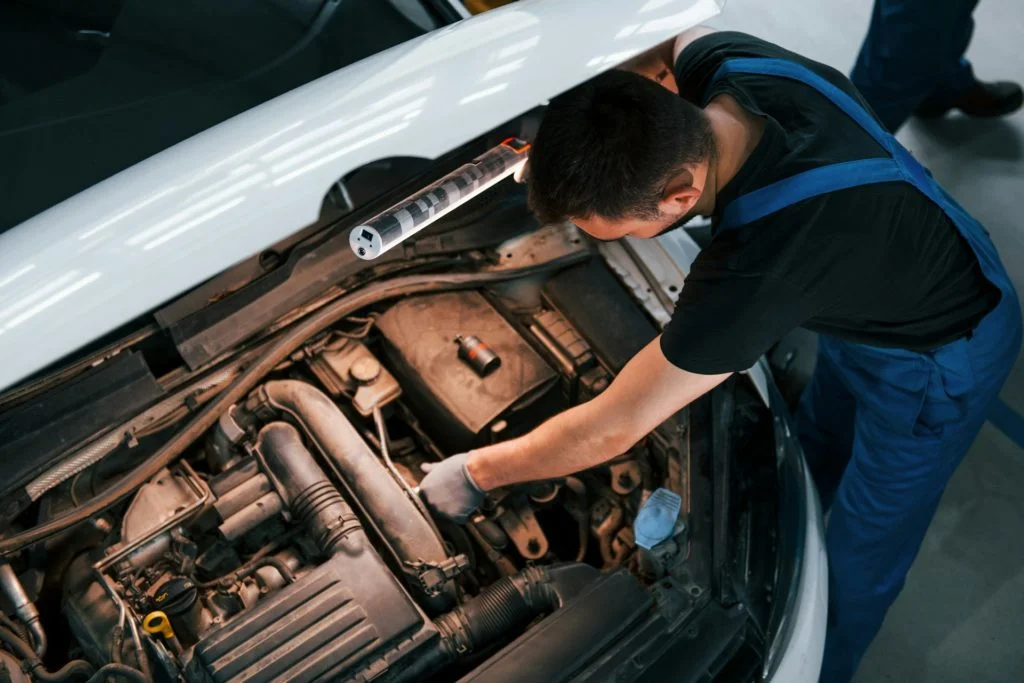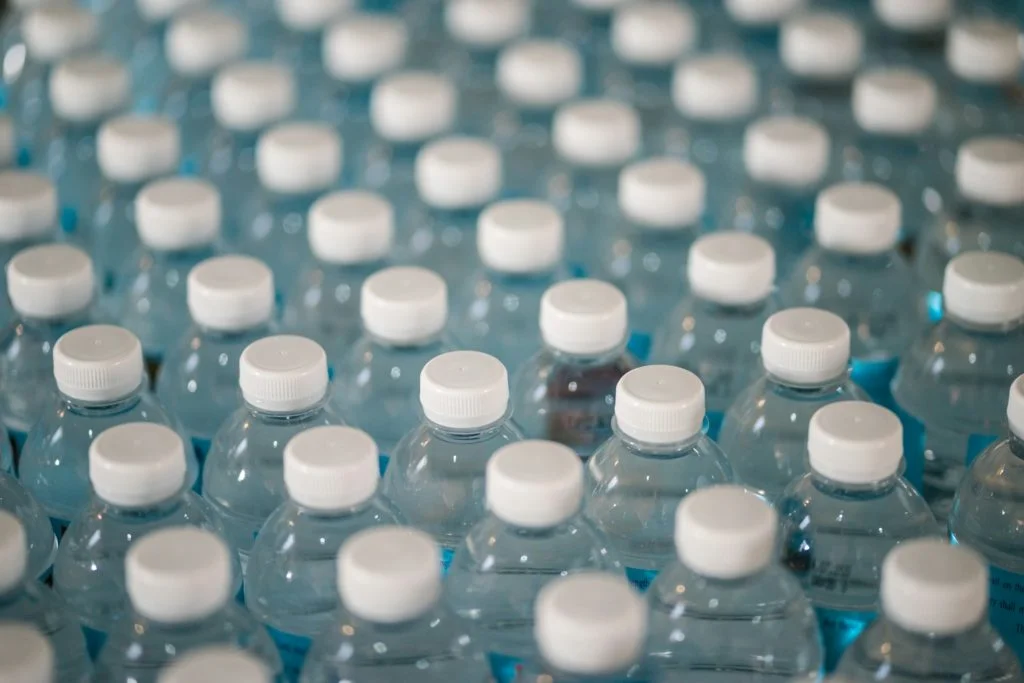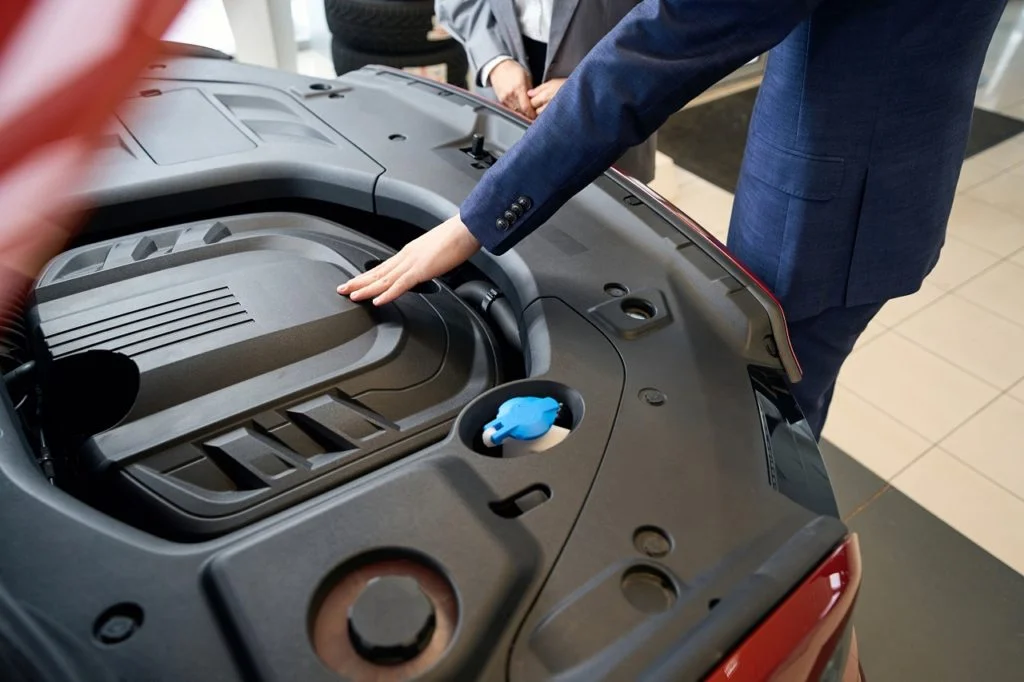As the world moves towards a more environmentally conscious future, governments and regulatory bodies are implementing stricter measures to ensure businesses adopt sustainable practices. The UK Government announced the introduction of the Plastic Tax, which came into effect in April 2022. This tax will impose a levy on all plastic packaging products that fail to meet a minimum 30% reprocessed content threshold. The primary aim of the tax is to reduce plastic waste by encouraging businesses to use more reprocessed materials in their production processes, thereby supporting a circular economy model.
Manufacturers navigating these regulatory changes may face significant challenges as they strive to comply with new legislation while maintaining their profitability and competitiveness in the market. In response, Pulse Plastics, a leading UK-based independent specialist plastic solution provider, has developed various plastic reprocessing services designed to help businesses in the automotive and manufacturing sectors save money, comply with the Plastic Tax, and embrace sustainable practices.
This blog article delves into the intricacies of the upcoming Plastic Tax, discussing its implications for businesses in the automotive and manufacturing industries. We will explore in-depth how Pulse Plastics’ plastic reprocessing services can help your business reduce costs, comply with regulatory changes, and contribute to a greener future.
As a specialist in plastic reprocessing solutions, Pulse Plastics is committed to helping businesses in the automotive and manufacturing industries navigate the complexities of the Plastic Tax, providing valuable expertise, guidance, and services to ensure sustained success in an ever-evolving market landscape.
Join us as we examine the upcoming Plastic Tax and how Pulse Plastics supports manufacturers in adapting their processes, embracing sustainability, and remaining competitive in a fast-changing business environment.
Understanding the Implications of the Plastic Tax
The upcoming Plastic Tax in the UK is poised to significantly impact businesses in various industries, particularly those operating within the automotive and manufacturing sectors. Some critical aspects of the tax include:
- Applicability: The tax applies to all plastic packaging products that do not meet the minimum threshold of 30% reprocessed content, including imported and domestically produced items.
- Cost Implications: Businesses that fail to meet the stipulated reprocessed content requirements must pay a £200 per tonne tax on non-compliant plastic packaging products.
- Regulatory and Compliance Necessities: Besides financial implications, the Plastic Tax requires businesses to adapt their processes and supply chains to ensure compliance with new legislation.
The Role of Pulse Plastics’ Plastic Reprocessing Services
To help manufacturers mitigate the financial burden of the Plastic Tax and adopt more environmentally friendly practices, Pulse Plastics offers a comprehensive range of plastic reprocessing services. These services enable businesses to transform their waste plastic into reusable materials that can be employed in producing new products. Some key elements of Pulse Plastics’ reprocessing services include:
- Expert Advice: Pulse Plastics provides businesses with valuable insights and guidance on plastic reprocessing and its potential benefits, such as cost savings, tax compliance, and increased competitiveness.
- Customised Solutions: As each business has unique requirements, Pulse Plastics tailors its plastic reprocessing services to suit the needs of individual clients in the automotive and manufacturing sectors.
- Closed Loop Manufacturing: Pulse Plastics’ reprocessing services support closed-loop manufacturing models, where waste materials are repurposed and reintegrated into the production process, thus promoting a circular economy throughout the entire value chain.
Leveraging Pulse Plastics’ Reprocessing Services to Navigate the Plastic Tax
Manufacturers can employ the following strategies to maximise the benefits of Pulse Plastics’ reprocessing services and create a competitive advantage in the face of the approaching Plastic Tax:
- Assessing Current Practices: Evaluate your existing practices, procedures, and supply chain partnerships to identify opportunities for integrating reprocessed materials into your operations. This will help you achieve the 30% reprocessed content threshold the Plastic Tax legislation requires.
- Collaborating with Pulse Plastics: Partner with Pulse Plastics to benefit from their expertise in plastic reprocessing and develop a tailored plan for integrating reprocessed materials into your production processes.
- Implementing Process Changes: Make the necessary changes to your business operations to accommodate the integration of reprocessed materials, including adopting new production techniques, reconfiguring supply chains, and communicating with stakeholders.
The Broader Benefits of Embracing Plastic Reprocessing Services
In addition to helping businesses comply with the Plastic Tax regulations, partnering with Pulse Plastics to adopt plastic reprocessing services can yield a variety of other long-term benefits, including:
- Sustainability: Pulse Plastics’ reprocessing services support the principles of a circular economy, promoting responsible waste management and reducing your business’s environmental impact.
- Resource Efficiency: By transforming waste plastic into reusable materials, you can maximise the value of resources, reduce waste, and improve overall efficiency within your operations.
- Competitive Advantage: Embracing sustainable practices and compliance with regulations can enhance your company’s reputation and brand positioning, setting you apart from competitors in an increasingly eco-conscious market.
Conclusion
The imminent Plastic Tax in the UK presents both a challenge and an opportunity for businesses in the automotive and manufacturing sectors. By partnering with Pulse Plastics and implementing their plastic reprocessing services, manufacturers can ensure compliance with new legislation and benefit from cost savings, increased resource efficiency, and a more robust competitive position.
As the industry shifts towards greater sustainability, working with Pulse Plastics can help your business remain agile, responsive, and adaptive to the evolving market landscape through plastic reprocessing solutions in the UK. Embrace the potential of plastic reprocessing services and begin your journey towards a greener, more sustainable future today.
Contact Pulse Plastics to discuss how they can customise their services to support your unique business needs and objectives.


